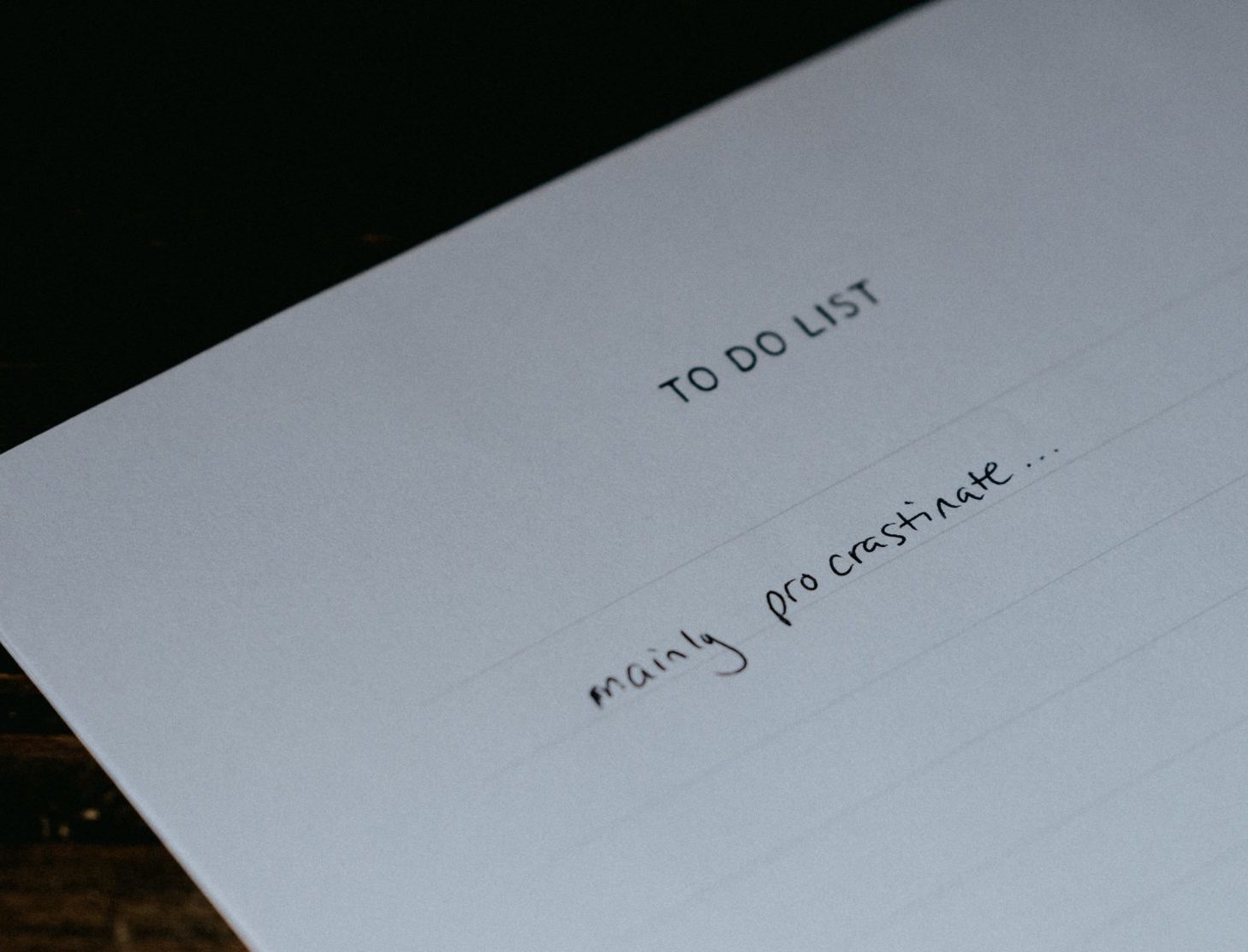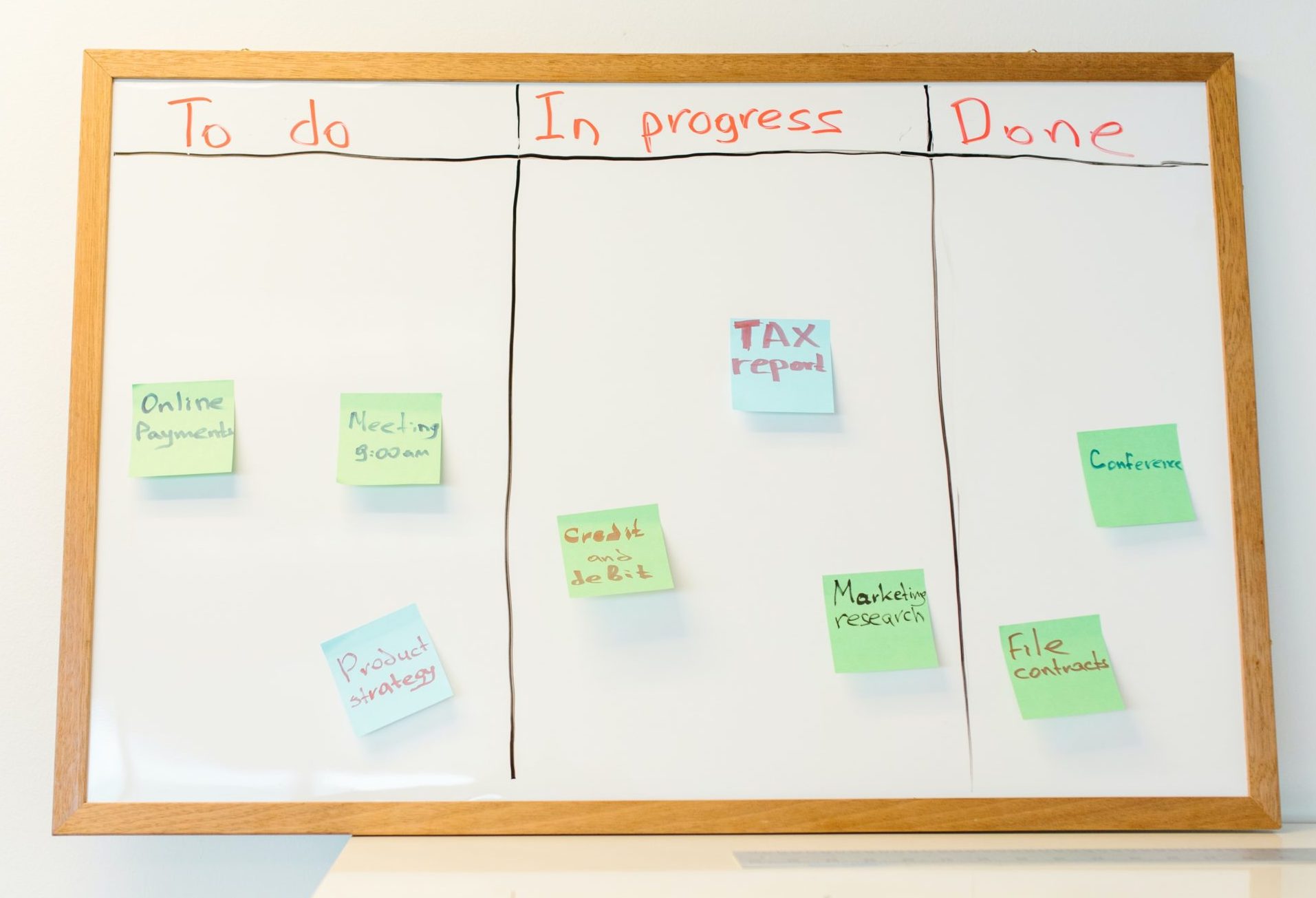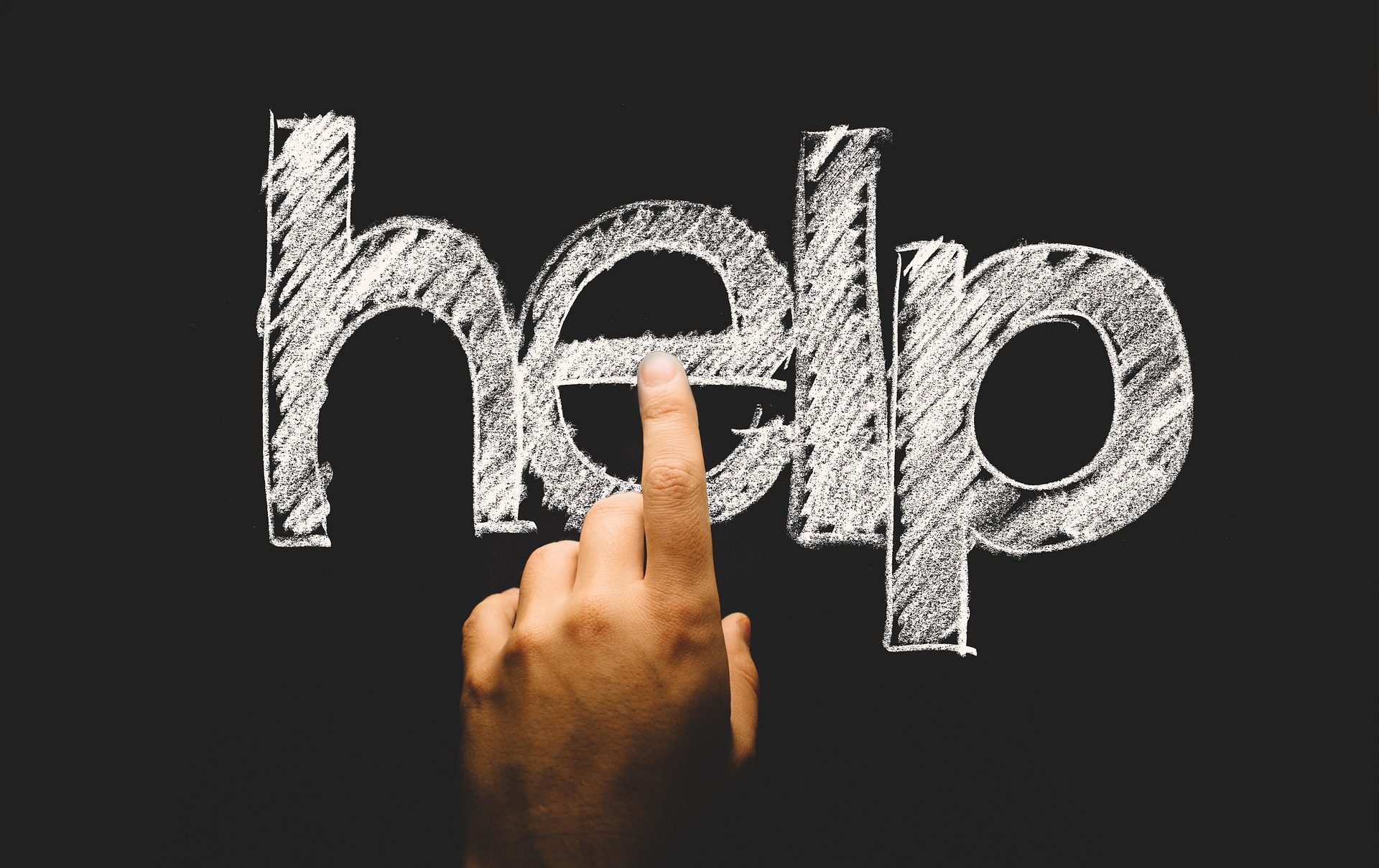“Now is the time to get serious about living your ideals. How long can you afford to put off who you really want to be? Your nobler self cannot wait any longer. Put your principles into practice – now. Stop the excuses and the procrastination. This is your life! You aren’t a child anymore. The sooner you set yourself to your spiritual program, the happier you will be. The longer you wait, the more you’ll be vulnerable to mediocrity and feel filled with shame and regret, because you know you are capable of better. From this instant on, vow to stop disappointing yourself. Separate yourself from the mob. Decide to be extraordinary and do what you need to do – now.”
Epictetus, The Art of Living: The Classical Manual on Virtue, Happiness and Effectiveness
“Think of all the years passed by in which you said to yourself “I’ll do it tomorrow,” and how the gods have again and again granted you periods of grace of which you have not availed yourself. It is time to realize that you are a member of the Universe, that you are born of Nature itself, and to know that a limit has been set to your time.”
Marcus Aurelius
Procrastination means postponing a task or an action until later, often until just before a deadline. Delaying work in this way usually means you will not perform as well as you could have done if you had used your time more wisely.
To a certain level it is normal to delay a task, for many reasons related to organization or prioritization. However, too much procrastination could be a problem, also it generates stress and anxiety and a sense of guilt, it will also diminish your self-esteem, and at this moment, it could become even chronic. And even worst if you procrastinate to seek for help!
Leonardo Da Vinci spent nearly 16 years to paint the Mona Lisa. And never finished it really…
 Main reasons why students procrastinate:
Main reasons why students procrastinate: 
Having abstract goals, when the goals and how to do the work is not clear.
Feeling overwhelmed, when unsure on how to deal with the different tasks.
Dislike of particular tasks, it is more difficult to get interested in a subject if you find it boring.
Capacity for distraction, procrastination starts when you focus your attention on other things, notifications on your smartphone by example. An unhelpful work environment, with too many distractions or temptations.
Perfectionism – feeling worried that what you produce will disappoint you or other people.
Fear of failure, when you are afraid on how it might reflect on your abilities and skills.
Anxiety, being afraid of the task or the result can affect your motivation.
Lack of motivation, when having good grade is not so important or when you don’t care about the reward.
Physical or mental exhaustion, a combination of reasons can impact your mental health, lack of sleep by example.
Resentment, toward something, the source, the assignment, or something related.
Sensation seeking, the thrill generated by the risk of completing something just before the deadline.
Lack of sufficient communication from faculty, not having clear directions and due dates.
Some learning differences such as Attention Deficit Hyperactivity Disorder (ADHD), which increases the challenge of maintaining attention, the tendency to be more easily distracted.
Depression may lead to feelings that encourage procrastination: fatigue, difficulties concentrating, reduced interest and motivation.
 Tips & Techniques
Tips & Techniques 
How do you procrastinate?
Ask yourself: what do you do to avoid starting a task? Social media, tv, video game, going out with friends, doing something else?
Why do you procrastinate?
Ask yourself what is the underlying source of your procrastination, are you distracted all the time? or feeling overwhelmed by the task in front of you?
We all promise ourselves that next time will be different, we will start sooner, even though it has already happened in the past, and nothing changes in our behavior. However, it’s not about willpower, and thinking that next time will be different just because we think that we will have the willpower, and that it will change our behavior, is exactly why procrastination happens. Taking time to clearly identify why we procrastinate is important.
Once you have identified the reason of your procrastination, you can make a plan of action to start getting things done! There are two things you can work on, your action/behavior and your thoughts.
 First things first
First things first 
Keep the document you are working on, or should working on, open on your computer for the next day.
When you start working, make sure you are not distracted, with notifications by example. Turn your alerts off to remove any temptations.
 Tips & Techniques to combat procrastinating
Tips & Techniques to combat procrastinating 
Make a to do list and then prioritize the tasks you should work on first, on how important they are by example.
Break large tasks into several smaller tasks, create milestones or subtasks that you can complete in one session of work.
Start with a small step, it helps you to get over the initial difficulty of actually getting started.
Don’t outline an entire big project, just plan the first few steps, and then later add new ones.
Establish when you are the more productive, and plan to do most of you work at those periods of time.
Set up a work environment without distractions. Find a comfortable place to study, such as the library.
Set yourself a daily goal.
Mark down the days you achieved your goal, when you manage to achieve your goals (3 days in a row by example), grant yourself a reward.
Focus on your goals, your subtasks, not on your final task. Concentrate on the process of working not the final product.
Visualize yourself after succeeding in your task, imagine what you will feel, take some time to create a positive anchor.
Try to change a perfectionist mindset: accept the fact that your work could contain errors and that we learn in fact from our mistakes.
Create rewards along the way, after you have done a task, take a break or go for a walk to buy your favorite ice cream or something else that feels like a reward.
Believe in your ability, think about a positive memory in a situation where you were mastering. Use this positive memory to reinforce your self-confidence.
 Contact us
Contact us 
The Welfare team:
The Learning Support team:






